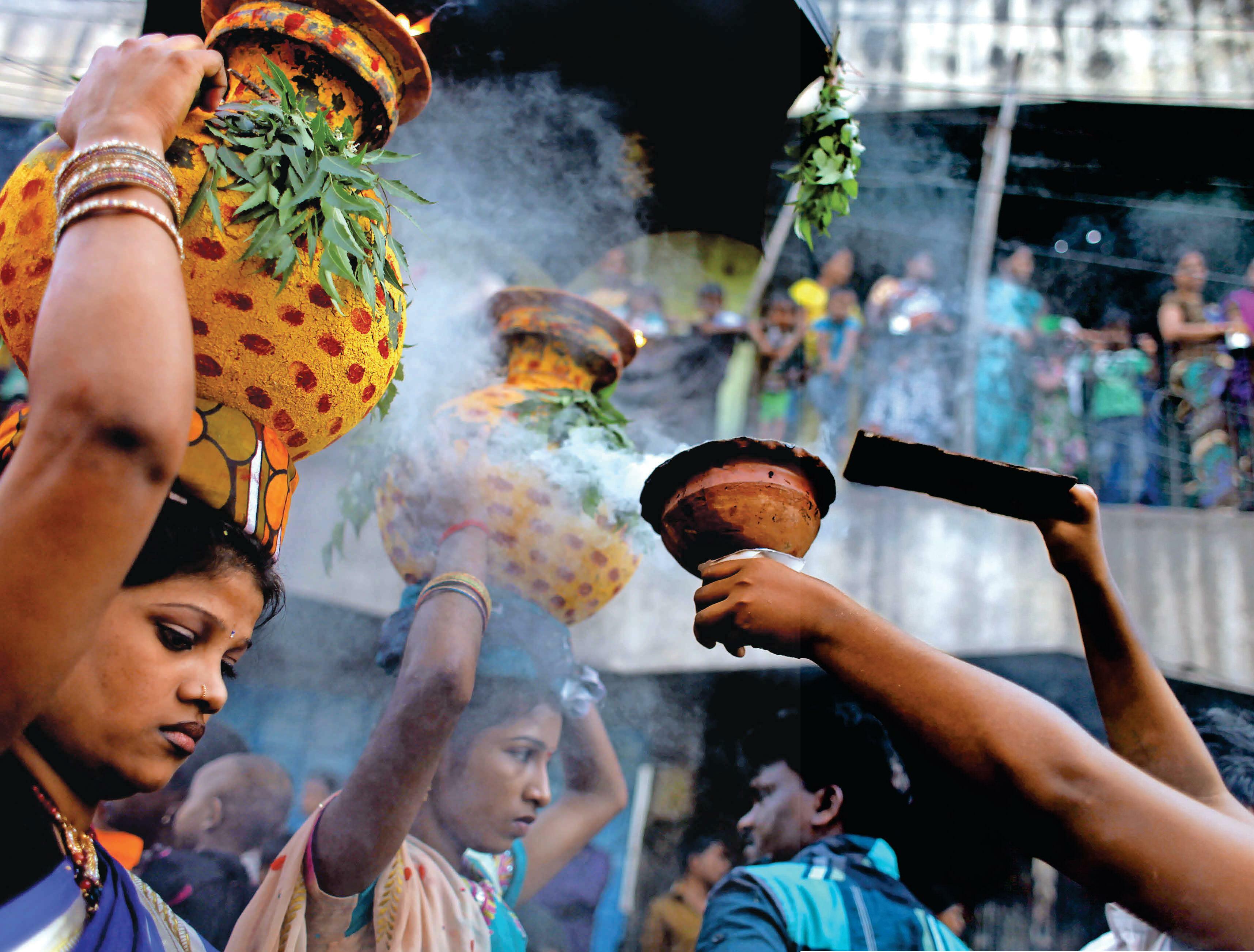
Every year, Dhaka resident Trinath Baurusetty retraces the steps his forefathers took nearly two centuries ago. The 27-yearold embarks on a journey to India from the Bangladesh capital. After crossing the international border into West Bengal, he takes a train from Kolkata to Visakhapatnam. His destination is Etikoppaka village, renowned globally for its traditional toys. The village holds a geographical indication (GI) tag for its handicrafts. For Baurusetty, the place connects him to his Telugu roots.
“From a very young age, I was curious about my identity. I asked myself many questions about who I was. This quest has led me to make regular trips to Andhra Pradesh,” said Baurusetty in fluent Telugu. According to the information he gathered, his great-grandparents or the generation before them had migrated from Etikoppaka to Dhaka during British rule. People from many dalit families on the Andhra coast were taken for manual labour in the 1850s and later employed in tea plantations or as cleaners and scavengers in the railways and the Dhaka municipality. Today, Baurusetty is part of the 30,000-odd Telugus in Bangladesh.
K. Suryanarayana, professor emeritus at Andhra University in Visakhapatnam, said the trend was the result of cheap labour exploited by the East India Company. “The tea, teak and coffee plantations required labour, and the East India Company used workers from the area stretching from Rajahmundry to Ichapuram. They migrated to countries like Myanmar, which were considered Suvarnabhumi. In fact, in the 18th and 19th centuries, those who migrated to work in those countries earned a lot and were treated as rich foreigners by the locals. But some of them had to return without making much money and had to be rehabilitated by the governments.”
Diese Geschichte stammt aus der September 08, 2024-Ausgabe von THE WEEK India.
Starten Sie Ihre 7-tägige kostenlose Testversion von Magzter GOLD, um auf Tausende kuratierte Premium-Storys sowie über 8.000 Zeitschriften und Zeitungen zuzugreifen.
Bereits Abonnent ? Anmelden
Diese Geschichte stammt aus der September 08, 2024-Ausgabe von THE WEEK India.
Starten Sie Ihre 7-tägige kostenlose Testversion von Magzter GOLD, um auf Tausende kuratierte Premium-Storys sowie über 8.000 Zeitschriften und Zeitungen zuzugreifen.
Bereits Abonnent? Anmelden

Lessons in leadership
When I began my career at Hindustan Lever (as HUL was then called), I was deeply inspired by our chairman, Dr Ashok S. Ganguly.

Political colours
One of the greatest fashion statements of recent times was made in the Parliament's winter session by Rahul Gandhi and some opposition colleagues. India's most news-making politician (since his landmark Bharat Jodo Yatra) gave up his signature white polo T-shirt for a blue one.

Chat roam
Vox pop content is seeing an uptick in India, with creators making conversations on current and social issues fun and funny

Back home with BANNG
Michelin star-winning chef Garima Arora, who recently opened her first restaurant in India, on all things food and family

One supercalifragilisticexpialidocious New Year
Once Christmas is over, tension mounts in our home as the little woman and I start ticking off the days. We both remain on edge because we dread the coming of the New Year—a time when the whole world goes crazy and adopts resolutions. We, too, make New Year promises and our ‘list of past resolutions’ is very long and impressive. Unfortunately, we are complete failures at keeping them and our ‘list of resolutions not kept’ is equally long and equally impressive.

Six or out?
Cricket is a quasi-religion in India. And our pantheon of cricketers is worshipped with a fervour bordering on hysteria.

DOWN AND UNDER THE WEATHER
After their flop show in Australia, Virat Kohli and Rohit Sharma will have to live on current form rather than past glory

The new in news
THE WEEK and DataLEADS partner to revolutionise news with fact-checks, data and Live Journalism

Hello Middle East
Reem Al-Hashimy, UAE minister of state for international cooperation, inaugurates a special Middle East section on THE WEEK website

BAIT CLICK
Dark patterns fool millions of Indians every day. The government is finally acting, but it just may not be enough